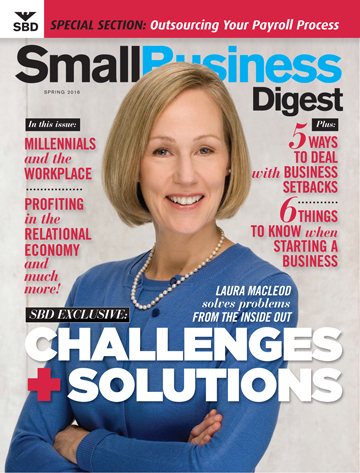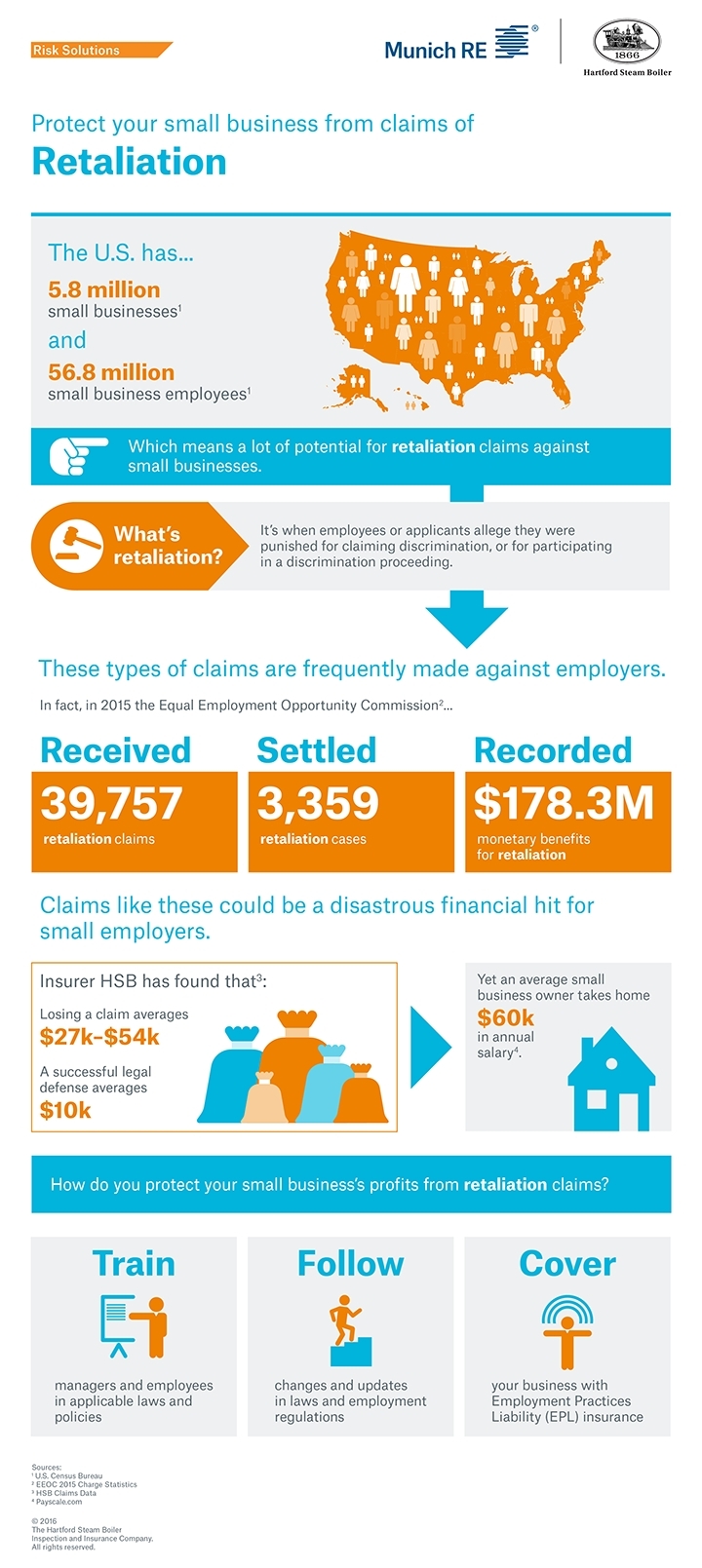Grading the Business You Want to Buy
Buying a business is often a life-changing investment. Any new owner knows they are putting their money and reputation on the line. Naturally, they want to find the perfect investment – but the perfect business does not exist.
 According to Andrew Cagnetta, the CEO of Transworld Business Advisors, grading a business comes down to five key criteria:
According to Andrew Cagnetta, the CEO of Transworld Business Advisors, grading a business comes down to five key criteria:
1. Income – Above all else, a business is purchased for its profitability. It goes without saying that income is the single most important factor to consider. First off, it is necessary to ensure that historical income will be sustained after a change of ownership. Depending on the industry, customers may be less assured to return once a new owner has taken the reigns. It is then essential to analyze the opportunity for growth, especially if unfavorable conditions are what put the business up for sale in the first place.
2. Lifespan –Businesses that have stood the test of time are far safer than their younger counterparts. A freshly established firm has an 80% chanceof failing in their first 18 months while many more are unlikely to last until the end of the decade. The longer a business has remained standing, the stronger its case for survival. Older brands are more fixated in the minds and habits of buyers. An aged business has outlived changing trends in the marketplace and built a dedicated customer base.
3. Record-keeping – Poor record-keeping will deprive a business of hindsight while distorting its vision of the future. Without the ability to analyze past performance, a prospective buyer is left in the dark when determining if the purchase is a safe investment. Missing information may be a concerning symptom of bigger issues. Most notably, there needs to be a verifiable paper trail available to a CPA in order to comply with tax regulations.
4. Employees – The heart of a business lies in the people responsible for keeping it afloat. Employees determine the success of the firm – for better or worse. Change of ownership can throw relations off balance. A potential buyer must contemplate whether existing employees will respond favorably to new management. If not, they need to decide if their skillsets or relationships with customers are irreplaceable to the business. A personnel change could lead to big swings in revenue.
5. Recurring Revenue – Dependable revenue streams decrease risk and uncertainty, resulting in more predictable business patterns for owners. Stable cash flows help control a seamless transition of ownership. They allow for more generous forecasts of future revenue, easing the decision of whether to acquire the business. A safety net of steady revenue enables management to focus on more ambitious means of expanding the business.
Andrew Cagnetta, the CEO of Transworld Business Advisors, advises speculative buyers to look not for a flawless business, but the business with the most manageable flaws. The investigative process is meant for meticulously identifying every weakness so there are no surprises later. It is impossible to make an informed decision without all of the facts.




